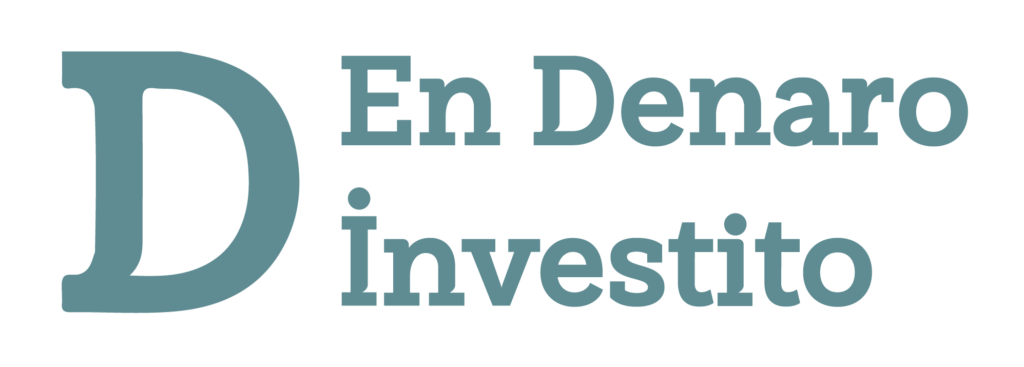In today’s fast-paced financial landscape, managing a budget effectively is more crucial than ever. Whether you’re an individual striving to balance personal expenses or a business aiming to maximize profitability, understanding how to allocate funds wisely can make all the difference. Diving into the intricacies of budgeting not only helps in keeping your finances in check but also sets the foundation for future financial success.
Creating a sound budget requires more than just simple arithmetic; it demands strategic planning and consistency. By aligning your expenditures with your financial goals, you can ensure that every dollar is working towards your objectives. From cutting unnecessary costs to investing wisely, a well-crafted budget can be your roadmap to achieving financial peace of mind.
This post will unravel the essential components of building a practical budget, providing insights tailored to both novice and seasoned budgeters alike. We’ll explore proven strategies and tools that can help you take control of your financial journey. Whether you’re managing a household or steering a business, mastering the art of budgeting can unlock countless opportunities for growth and security.
Understanding the Basics of Budgeting
Budgeting is a financial strategy that involves planning and tracking your income and expenses. At its core, a budget serves as a guide for managing finances over a specified period. It helps identify how much money is coming in, how it is being spent, and what changes can be made to improve financial health. There are different budget models, from the simple envelope system to more sophisticated digital tools.
The first step in budgeting is to calculate your total income. This includes not only your salary but also any additional sources such as interest, dividends, or freelance work. Knowing your complete financial inflow provides a realistic starting point for budget planning. Once income is established, tracking expenses is the next intuitive step.
Expenses generally fall into fixed and variable categories. Fixed expenses, such as rent or mortgage payments, remain constant each month, while variable expenses can fluctuate, such as groceries or entertainment. Understanding these categories helps in setting priorities and making informed financial decisions.
Setting Financial Goals
Budgeting is not just about limiting spending; it is also about setting and achieving financial goals. Whether it’s saving for a vacation, buying a home, or planning for retirement, financial goals provide direction and motivation. The SMART criteria—Specific, Measurable, Achievable, Relevant, and Time-bound—are often used to set effective goals.
Specific goals are clearly defined. For example, instead of saying “I want to save money,” a specific goal would be “I want to save $5,000 for a vacation next year.” Specificity clarifies what exactly is being pursued and provides a target to aim for.
Measurable and time-bound goals have clear parameters for success. Instead of a vague idea of savings, stating “I will save $200 monthly for 25 months to reach $5,000” gives a clear pathway. Monitoring progress through milestones ensures that you remain on track and can adjust your budget as needed.
Creating a Flexible Budget
A flexible budget is one that can adapt to changes in financial circumstances. Unlike a static budget, a flexible approach allows for adjustment in expenses and income, catering to unexpected changes such as a medical emergency or job loss. This adaptability can significantly improve financial resilience.
To create a flexible budget, start by categorizing expenses as fixed or variable. Fixed expenses like rent or mortgage payments are non-negotiable, while variable expenses like dining out or shopping can be adjusted based on current financial status. Adjusting these variables can help maintain balance during financial fluctuations.
Additionally, it is wise to maintain an emergency fund to cover unexpected expenses. An emergency fund provides a financial cushion, reducing stress during unforeseen situations. Regular contributions to this fund should be a part of every flexible budget strategy.
Using Budgeting Tools (Tools)
In today’s digital age, numerous tools are available to streamline budgeting. From apps like Mint and YNAB (You Need a Budget) to spreadsheet templates, these tools can simplify the process of tracking income and expenses. They offer features like automated tracking, expense categorization, and goal setting to enhance budgeting efficiency.
Choosing the right tool depends on personal preferences and financial complexity. For those comfortable with technology, apps provide convenient access and real-time updates on mobile devices. On the other hand, spreadsheet templates may appeal to those who prefer a more manual approach to budget management.
Budgeting tools can significantly reduce the time required for financial planning and provide insights into spending habits, making it easier to adjust and improve financial practices. Selecting the right tool is a subjective decision, but exploring multiple options can help find the most suitable one.
Common Budgeting Mistakes
Even with the best intentions, common budgeting mistakes can derail financial progress. One widespread mistake is underestimating expenses, leading to budget shortfalls. Accurate tracking and adjustment of expenses can help mitigate this issue, ensuring that the budget remains realistic and achievable.
Another frequent error is neglecting irregular expenses. While monthly bills are predictable, infrequent costs such as annual insurance or holiday shopping can catch many off guard. Incorporating these irregular expenses into the budget prevents surprises and keeps finances on track.
Lastly, failing to review and adapt the budget regularly can lead to stagnation. Financial situations and goals often change, so budgets should be dynamic and reviewed at intervals to remain effective. Regular reviews enable adjustments that align with current financial realities, thereby maintaining financial health.
Conclusion
In conclusion, effective budget management is essential for achieving financial stability and freedom. Whether you’re setting financial goals, creating a flexible budget, or using modern tools, a strategic approach to budgeting can open up new opportunities. By avoiding common mistakes and regularly reviewing your budget, you ensure that your financial plan is always aligned with your life’s changes. In the ever-evolving world of personal and business finance, the ability to manage a budget with diligence and foresight remains an invaluable skill.













